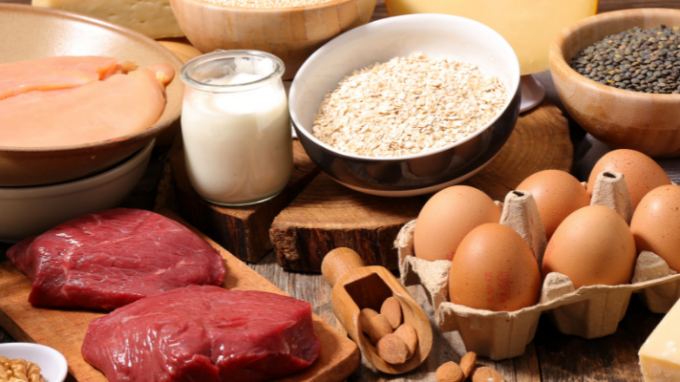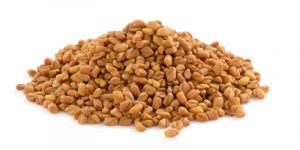We know that a balanced diet can make a big difference in your health, but do you know which high protein foods have the most significant impact on testosterone levels in men? Many nutritionists agree that you should eat fish, nuts and lentils to boost your testosterone levels. But it’s not just how much protein you consume—quality is also important. Various studies have linked a high protein diet to lower testosterone levels in men, and they have also found that eating too much meat (particularly red meat) can increase estrogen levels in men.
Why a High Protein Diet Is Bad for Testosterone Levels
A high protein diet is often linked to low testosterone levels. Still, one study by researchers at the University of Pittsburgh suggests that your body’s ability to digest protein might be a bigger factor than the amount of protein you take in. Eating plant-based proteins like beans and lentils might be more beneficial for boosting testosterone levels than taking supplements or eating a high protein diet. The study observed 40 men and tracked their testosterone levels after eating various foods for several days, measuring how each food influenced their metabolism.
The group was divided into two groups; one ate a high protein diet for 30 days, and the other ate a more balanced diet. The researchers measured testosterone and growth hormone levels in their blood samples after eating certain foods. After the 30 days, researchers saw that when men consumed a higher protein diet and consumed high animal fat (such as red meat), there was an increased amount of aromatase activity in their body—meaning more estrogen was being produced. They also found that men who had low body fat (BMI below 25kg per meter squared) could produce less estrogen when they consumed the same high protein diet. The researchers also found that the men could digest proteins better when consuming plant proteins (legumes, nuts and grains).
The researchers believe that the more protein consumed, the more aromatase produced by the body to convert extra protein into estrogen. This suggests that while a high protein diet is essential to grow muscle mass and strength, it may not be good for your testosterone levels. On top of that, some studies have shown that too much protein can reduce the levels of growth hormones in your blood. Growth hormone promotes fat burning, and reduced levels can lead to increased body fat and reduced muscle mass.

The problem with a high protein diet can be that it can lead to insulin resistance, which is usually defined as the body’s decreased ability to handle sugars. When your body becomes insulin resistant, it can’t use the insulin well, so instead of taking in glucose (sugar) into cells for energy, most of this extra glucose gets stored as fat cells. Another problem with a high-protein diet is that too much animal protein consumption has been linked to an increased risk of certain cancers.
Animal vs. Plant Proteins
A study published in the American Journal of Clinical Nutrition found that men who consumed more casein and tryptophan in their diet (found in the dairy and meat products) were associated with reduced fertility and erection problems. This study has also found that men who ate more fish, nuts and lentils had healthier sperm mobility and were more fertile. This implies that a diet high in animal protein can impact your testosterone levels and hence your fertility.
Just like with weightlifting, you can have too much of a good thing for protein consumption. A healthy diet for men is full of plant-based proteins, such as beans and lentils, which are also rich sources of vitamins and antioxidants. These two high-protein foods are considered low-fat and high in fiber, and they are also believed to help reduce the risk of heart disease.
What you eat counts more than how much you eat to boost your testosterone levels and fertility. Eating a high protein diet might help your performance at the gym, but it may be hurting your reproductive health. To boost your testosterone levels naturally, try eating more plant-based foods like nuts and lentils. Ensure to stay away from high-protein foods like red meat, dairy products and eggs, as they may be detrimental to your health.
Conclusion
How much protein you consume is important, but you need to know what kind of protein. Animal proteins are linked to increased estrogen levels in men, while plant proteins such as lentils and nuts are linked to lower testosterone levels and higher fertility. If you have fertility problems or are trying to build muscle mass, you shouldn’t go overboard on protein intake. A balanced diet can keep your testosterone levels in check and ensure the highest possible level of health for your body.




